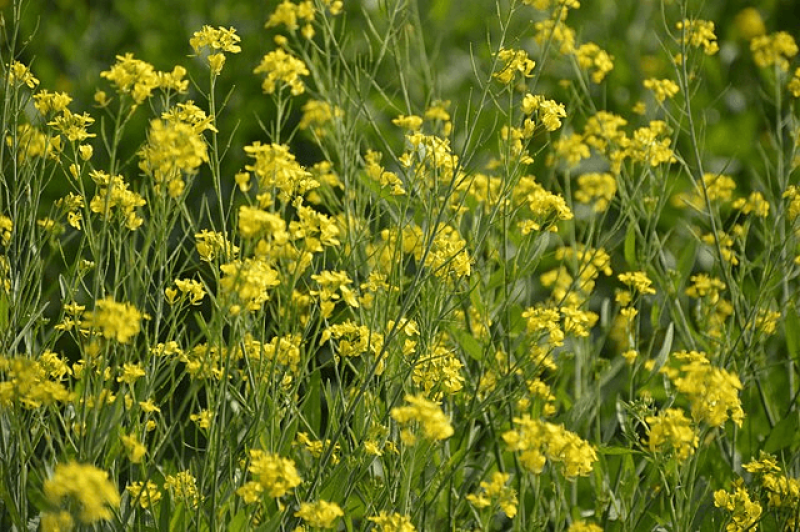If the Supreme Court does not accede to the government’s request made on [August 22] for a defreeze on field activity pertaining to genetically modified mustard, another year would be lost and the regulators would not be any wiser about its performance in various agro-climatic conditions and impact on honeybees and other pollinators.
Before the court cried halt, the developers had planted GM mustard hybrid DMH-11 in their experimental fields at six locations in the mustard growing states: Rajasthan, Punjab, Haryana, Uttar Pradesh, Madhya Pradesh and Assam.
The regulator for GM organisms—the Genetic Engineering Appraisal Committee—had approved last October the “environmental” release of GM mustard on the condition that its impact on honeybees and other pollinators be undertaken after release to gather scientific evidence under Indian agro-climatic conditions and as a precautionary measure. Approval for commercial release was to follow if there were no red flags.
…
The developers of DMH-11 say they have produced enough seed for the trials from the crops that were planted before the court stay. But the agronomic and pollinator trials cannot happen without the Supreme Court giving its approval.
The anti-GM activists are objecting to the herbicide tolerance trait in the GM mustard hybrid. They say that herbicides are toxic. Already, they are being used in large quantities. If herbicide tolerant hybrid mustard is allowed for commercial use, the use of herbicides will increase manifold affecting biodiversity, they said.































